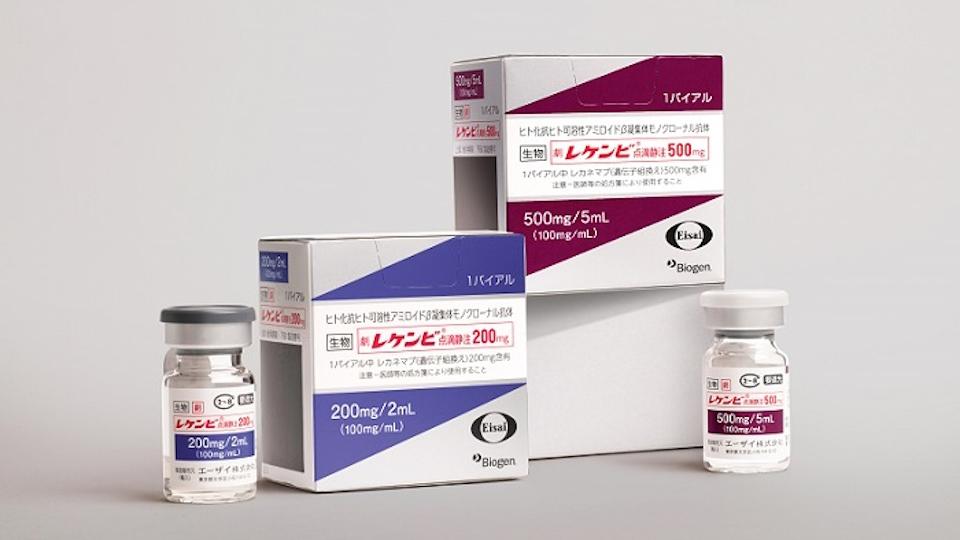Eisai backs Leqembi’s Japan rollout with insurance policy

A partnership between Eisai and Lifenet that aims to improve insurance cover for people with early dementia has generated its first policy, part of an effort by the pharma group to develop an ‘ecosystem’ to support patients.
The alliance, first formed in 2022, envisages a series of insurance products specifically for people in Japan with dementia and other ageing-related diseases, with the aim of reducing “the burden of medical and nursing care” they face.
The first to emerge is Dementia Insurance “be”, designed to support the early detection and treatment of dementia and mild cognitive impairment (MCI). According to the companies, it provides “generous coverage,” including lump sum payments made when policyholders are initially diagnosed.
Eisai makes it clear that the intention is in part to help support the rollout of Biogen-partnered Leqembi (lecanemab), the first disease-modifying treatment for Alzheimer’s disease, which was approved by Japan’s Ministry of Heath, Labour and Welfare (MHLW) last years and launched in December. Japan was the second country to clear the new drug, after the US.
“Although some measures, including lifestyle changes and exercise are considered effective in treating MCI, with the approval of a new pharmaceutical treatment for some types of MCI and mild dementia in 2023, medication may also become an option for early treatment,” said the company.
“Pharmaceutical treatment is covered by public service, but it is important to be financially prepared as a certain amount of co-payment is required, including for tests and other expenses,” it added.
Japan’s ageing population has led to estimates that approximately one in five people aged 65 or older in the country will be living with dementia by 2025, placing a major burden on society in medical and nursing care costs, as well as indirect costs on the families of people with dementia.
Recognising the emerging challenge, in 2019 the Japanese government launched a national strategy to try to prepare for high rates of dementia, focused on providing care in the community to prevent the nursing home sector from becoming overwhelmed.
Along with the development of pharmacological treatments, Eisai is also supporting the development of other measures to support people with MCI and dementia, as well as healthcare staff, saying that it needs to have an impact on both the “medical […] and daily living domains.”
Examples include a cloud-based system allowing doctors and caregivers to share treatment plans and medical and lifestyle information for elderly patients being treated at home and an app (NouKNOW) that allows people to self-assess their cognitive performance.
NouKNOW will be offered automatically to people with the new insurance, which has been launched alongside a new service from Lifenet, called Brenavi, that provides content related to MCI and dementia.
Brenavi includes a free brain training game (Brain Workout), an exercise programme (Brepacise), and a search function for medical institutions in Japan where people can have a consultation regarding forgetfulness.













